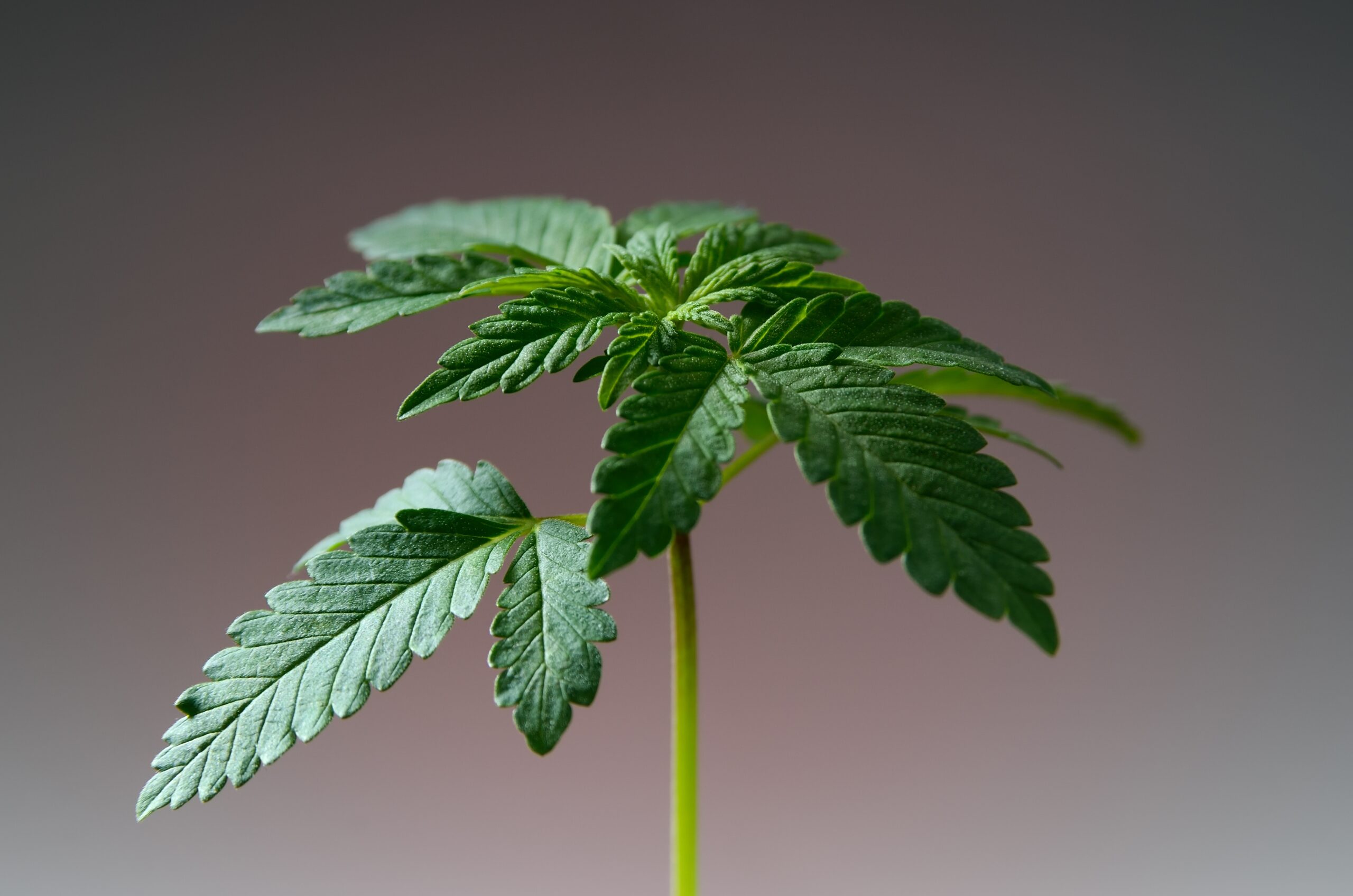Connect with us
Published
12 months agoon
By
Tyler Shultz
With artificial intelligence technology is making waves through a variety of industries, the “world’s first cannabis AI” aims to make cannabis more accessible and in an innovative way.
Canna-GPT, released April 20, 2023, was created through a collaborative effort between Barky AI and Highten Sifter Founder and CEO Chad Johnson. Users are able to ask questions and learn about a variety of topics such as terpenes, cultivation and consumption so they can choose cannabis products based on their preferences and needs.
“The launch of Canna-GPT represents our ultimate vision of making cannabis education a shared experience for all,” said Chris Barkhurst, CEO and founder of Barky AI. “By seamlessly connecting AI and cannabis, we’re equipping individuals to navigate this enthralling realm with ease and self-assurance.”
The cannabis industry has attempted to harness the power of AI and other technology to help bolster business and find new and innovative ways to improve crops and productivity. Tools have been developed to address cannabis growing methods, labor savings, growth-rate tracking, yield forecasting, inventory management and profitability management, usually through the use of sensors and programs to monitor lighting, temperature, airflow and other steps in the growing process.
Another chatbot developed with the cannabis industry in mind, Oddysee AI was developed to help businesses with gaining the proper licensing and Little Dragon was launched to help consumers with product selection by learning their preferences and providing recommendations better than a human budtender could.
Cultivators are able to use technology to track plant growth and create 3D models of each plant, allowing growers to view crops virtually and flag any issues or problems resulting in immediate action. SpexAI is developing a robot-mounted camera that goes through greenhouse aisles at night, scanning and creating a 3D model of each plant using 1,000 data points then combines with environmental data to track how a plant is progressing. The camera combines the spectral imaging with machine learning and artificial intelligence to detect diseases and cannabinoids directly from the growing plants.
“If you’re looking at how cannabis operations are run, everyone is doing their own trials or experiments already,” said Ben Niehaus, founder of Dresden, Germany-based SpexAI. “The growers are always trying to optimize the plant, and they have new genetics coming in. They try to find the best strategy. So, in a sense, they are already researchers.”
Israeli-based cannabis producer Canonic launched a series of hybrid cannabis products produced with the assistance of artificial intelligence with the six new medical-grade products all selectively bred to contain high levels of THC and particular terpenes using the tech engine GeneRator AI.
“Utilizing Canonic’s and Evogene’s advanced technologies for selecting novel genetic markers allowed us to accelerate and direct the development of our advanced cannabis varieties,” said Eyal Ronen, CEO of Canonic. “We are very proud to have completed the launch of six new products in the Israeli market, and we expect sales growth in 2023. Looking ahead, we will continue the development of our third-generation products, particularly with selecting new and unique terpenes. Furthermore, we intend to sell our products to broader markets, starting with Europe.”
A new app billed as the “world’s first robot lawyer” aims to use artificial intelligence to listen to court arguments and formulate responses for a defendant in real-time using generative AI that can generate text and other forms of content in response to human commands. According to Josh Browder, the CEO of the “DoNotPay” app, the app has been successful in arguing consumer rights issues and has “used AI-generated form letters and chatbots to help people secure refunds for in-flight Wifi that didn’t work, as well as to lower bills and dispute parking tickets, among other issues.”


Enemies of Weed Legalization Are Already Raising Money To Challenge Federal Rescheduling Effort


Psychedelic Pioneer Peggy Mellon Hitchcock Dies at 90


Alaska House Approves Bill To Establish Task Force To Investigate Psychedelic Therapy


Study Finds Medical Cannabis Provides Lasting Benefits for Osteoarthritis Patients


Study: ADHD Patient MMJ Use Leads to Improvements in Anxiety, Sleep, Quality of Life


Clinical Trial To Assess LSD Microdosing For PMS



